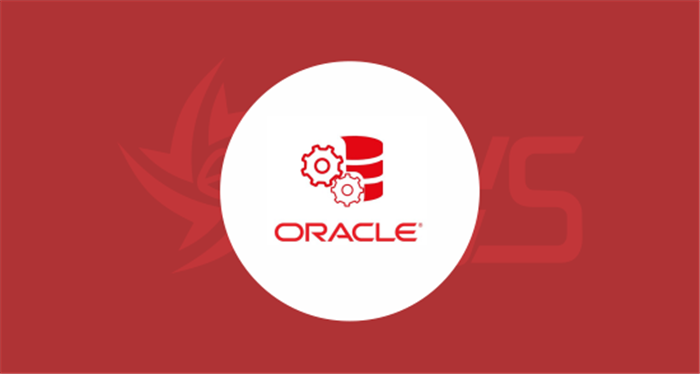Unable to find what you're searching for?
We're here to help you find it
Oracle Database Administrator (Oracle DBA) is a senior position in a managerial capacity who is responsible for the superintending the operation-critical database of the organisation. By virtue of this capacity and the kind of competencies, knowledge, and skills required, this is a “high-paid” job with defined career progression pathway. The IT revolution requires professionals who have Oracle Certification and hence for an aspirant it is d me are the stepping stone in providing a platform and equip them with the fundamental skills for supporting Oracle products.
Just like the Oracle Certification for Oracle DBA, the interview is also challenging and a proactive approach will facilitate you to get the same clear with confidence and ease. These oracle dba interview questions and answers are prepared by industry experts who have more than 7–15 years of experience as Oracle Database Administrator. Here are basic and advanced level Oracle Database Administrator interview questions with their answers:
Let’s start !!!
Ans. Oracle is an organisation and there is a database server by the same name as well. This database server manages your data in a very organized manner, facilitating the users to not just store but retrieve data that also in an ecosystem which is multiuser. That means the same function of storing and retrieving can be done by a number of users at the same time. The software which manages the database and related physical data are collectively called- Oracle database.
Ans.The role of a DBA are- manage, database, storage, users, security, performance, backup, recovery, and automate jobs.
Ans. Following are the Oracle Database Objects- Tables, Views, Indexes, Synonyms, Sequences, and Table Spaces.
Ans. It is an alternative structure auxiliary with a table to have a direct approach to rows, to enhance the performance of data retrieval.
Ans. Tasks involved are – installing, developing Oracle databases, upgrading database to higher levels, keep eagle watch on the health of the database and proactive take corrective measures for smooth performance. Manage Schema objects, ensure backup and recovery.
Ans. A group of computers arranged together to deliver the same set of functions is known as Cluster. A Grid can be set resources and be composed of many clusters. There can be cluster off servers running a database software and another set of a cluster of servers performing the application server software and they can exist in a Grid, and you have the option of moving the resources from one cluster to another.
Ans. Setup disks and kernel parameters, create user and DBA group and run the installer to begin the installation process.
Ans. SMON – It is a compulsory process in DB and must start automatically and perform recovery after failure, check temporary segments, clean tempt segment, and coalesce free space.
PMON- A mandatory process should perform, monitor and restart any failed server process.
Ans. System Change Number – This is a value added whenever a deadlock occurs or database changes are made.
Ans. Large pools restrict RMAN and MTS from competing with other subsystems, for the same memory, and are hence used when they are used.
Also READ: Is it Worth doing Oracle Certified Professional Java Programmer (OCPJP) Certification?
These are very basic questions and are not the only interview questions and answers for Oracle Database Certification . Your thorough knowledge and skills, your confidence and calm posture will let you listen, understand and answer better and score well. Your abilities in grasping concepts from the academic advisor of the Oracle Courses will decide your performance in the interview. You can clear the interview with flying colours, with your in-depth knowledge of the subject.

Aarav Goel has top education industry knowledge with 4 years of experience. Being a passionate blogger also does blogging on the technology niche.










